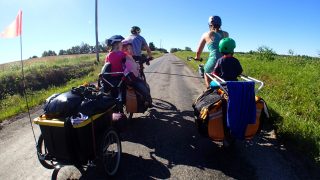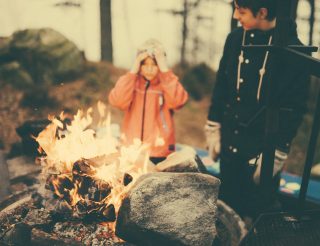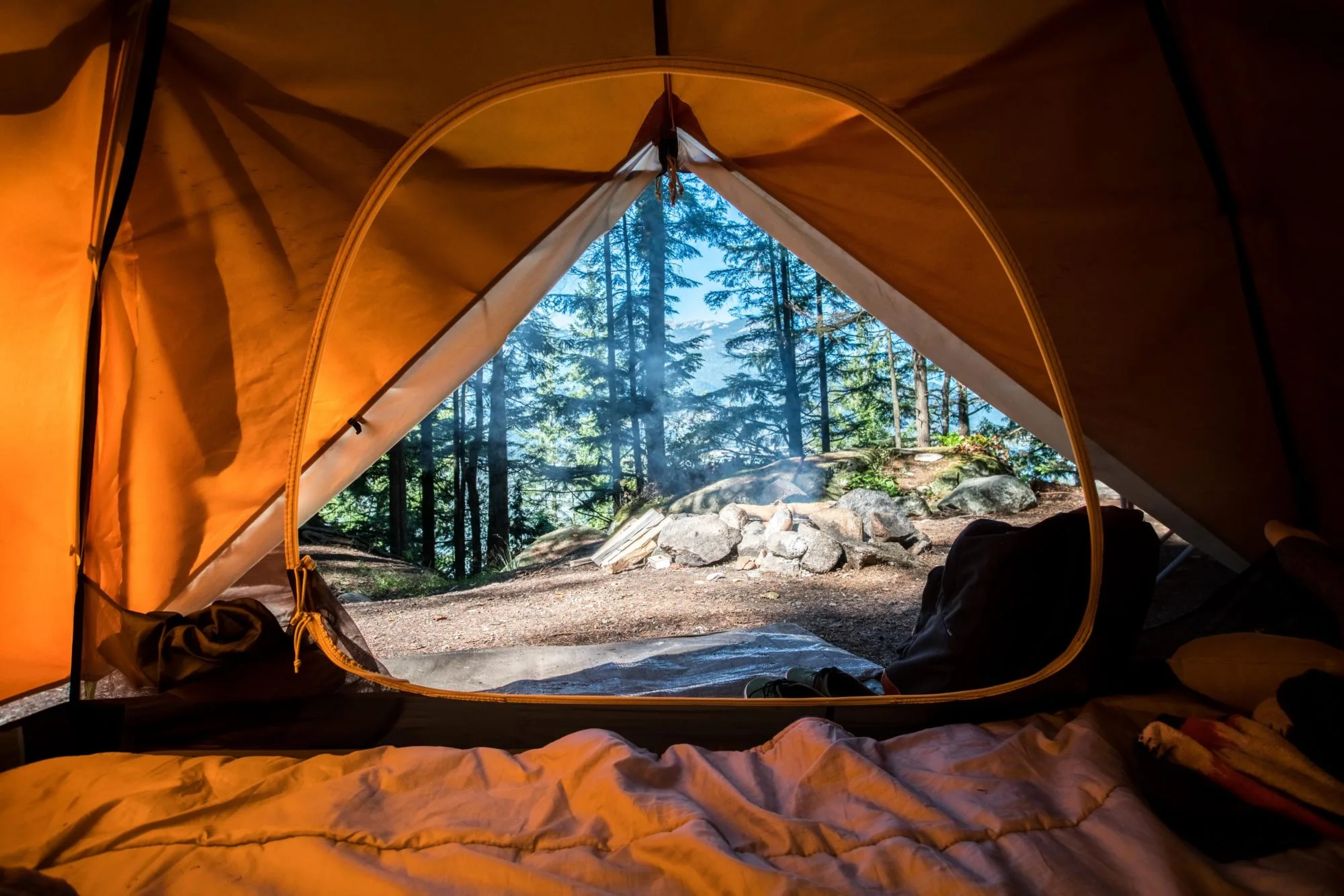Camping is a good outdoor activity that can be done with your toddler, giving them a wholesome experience with nature. It is never too early to start camping with toddlers, as camping will give them a complete experience of all their senses, and it will increase their curiosity about nature. The whole experience of camping can inspire their senses to the natural environment with daily camping excursions that would serve as entertainment.
A two-year-old can do a surprising amount of walking, and for a tired baby, a framed backpack would be appropriate. When it gets to the evening, the main thing is to keep the toddler clean and ready for the sleeping bag after a day of hiking and swimming. Nighttime requires the toddler occupied for a few minutes before it gets boring, and they want to sleep, which means light activities like telling stories and perhaps roasting marshmallows. When planning a camping trip with a toddler, below are some tips that would make this a good experience for everyone.

Photo by Mark Stosberg on Unsplash
5 Tips for Camping With a Toddler
1. Do Camping Tests
Camping tests are important when toddlers are new to outdoor activities. It may be prudent to set up a tent in your backyard, inside the house, and allow the kids to sleep in it, lay games in it and engage in camp-like activities that they are comfortable camping when the time comes. Family day outings are also a good way of doing camping tests, which will allow you to see how the child reacts to the environment, as well as the whole outdoor experience.
The camping tests should be done after all preparations have been made. Test runs will help you notice any loopholes that the plan might have, and any changes that might be needed in the camping gear. It might be the case that a bigger tent is needed to fit the whole family. Once the camping test is done, the toddlers should be comfortable spending the night in a tent, as well as the new scenery that the campsite offers.
2. Familiar Items Should be Brought Along
Camping is usually done in new environments, usually in the wild or parks with a lot of trees and nature. This can be overwhelming for toddlers, where they are immersed in a completely new environment that they don’t know. To make this experience easier for them, it might be better to bring along things that they are familiar with from home. This includes the child’s favorite toy or stuffed animal, or anything they used to comfort themselves when they go to sleep.
You will need to be careful not to lose them in the campsite, but having them with you will make it easier for the toddler to get comfortable with the new environment. It may also be a good idea to buy the exact same toy or stuffed animal in case one gets lost or destroyed. Bringing a familiar item will give the child solace in case the camping environment proves overwhelming for the child, helping them calm down as well as having something to play with as the site. It should, however, be noted that having too many items will only serve as a distraction from enjoying the campaign exercise.
3. Bug Spray and Sunscreen Are a Must

Photo by 🇸🇮 Janko Ferlič on Unsplash
As an adult, you can withstand a few pesky insects when they bite and crawl on your body. The same cannot be said for the toddler, and the insects can be intimidating for them, causing a lot of distress and making the camping experience one of misery. This makes it important to bring along enough sunscreen for yourself and the toddler. Toddlers are also vulnerable to the sun’s rays, making them increasingly susceptible to sunburns.
Sunscreen is very important when going on a camping trip to protect yourself and especially the toddler from the sun. Choose a bug spray or sunscreen that will not end up irritating the toddler. Suffering from sunburn will not make the camping trip enjoyable. It will irritate the toddler who will not understand what is happening.
4. Be Aware of Plants in the Camping Site
Toddlers are very inquisitive. They tend to wander about when they are in a new environment as they explore their surroundings. At the toddler stage of development, they try to eat anything they find interesting. If they see wild fruits and flowers, they will try to eat them, and they might be poisonous. If there is literature on the campsite you have chosen, make sure you read it. When you get to the site, make sure to check for wild berries or fruits that might be harmful. Keep a close eye on what they are eating while at the site, and make sure it’s not harmful.
5. Research the Expected Weather
It may seem mundane researching the weather. However, it is very important that you be conscious of the weather. It will certainly not be an enjoyable experience being hurdled in a tent all day because of the rain. “Toddlers tend to be vulnerable to severe weather conditions,” says Rachel Gibbons, a medical writer at the British Medical Journal. If it becomes too rainy or too windy, then the entire camping exercise will be spent hiding from the weather. An internet search can give you the expected weather conditions for the location the camping area is in.
Conclusion
A camping exercise with a toddler can be an unforgettable experience that you will share with them for a very long time, especially in today’s world where we document everything for posterity. Some things may be easier for you as an adult, but hard for children because of their physical limitations as toddlers. Be mindful when planning activities with them, and remember that activities should be planned with the toddler in mind.
Who is the writer?
Paul Bates is a lifestyle writer at SolidEssay and ConfidentWriters. He enjoys traveling with his two little kids as well as camping. He also works as an editor at BeeStudent.





![women [longevity live]](https://longevitylive.com/wp-content/uploads/2020/01/photo-of-women-walking-down-the-street-1116984-100x100.jpg)










